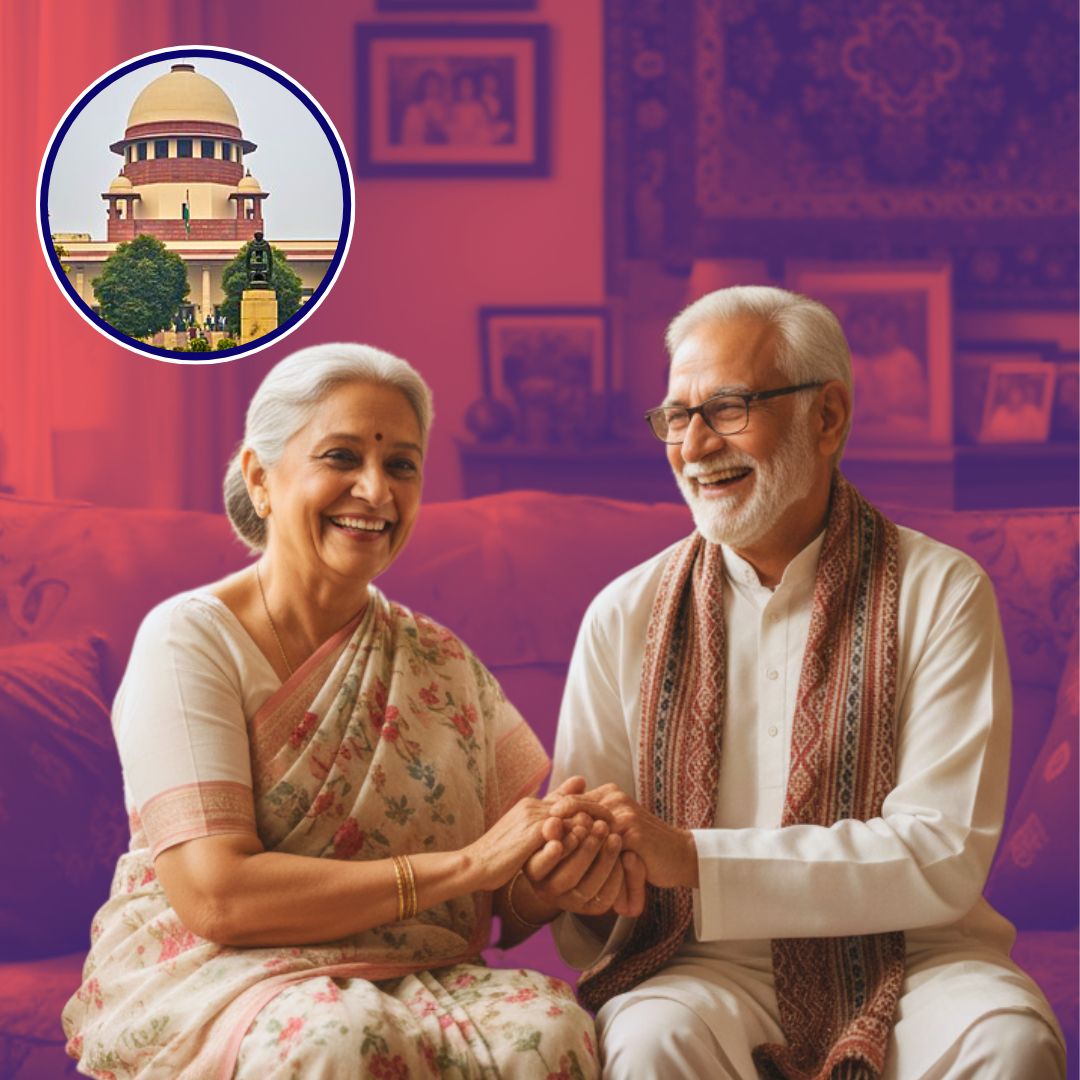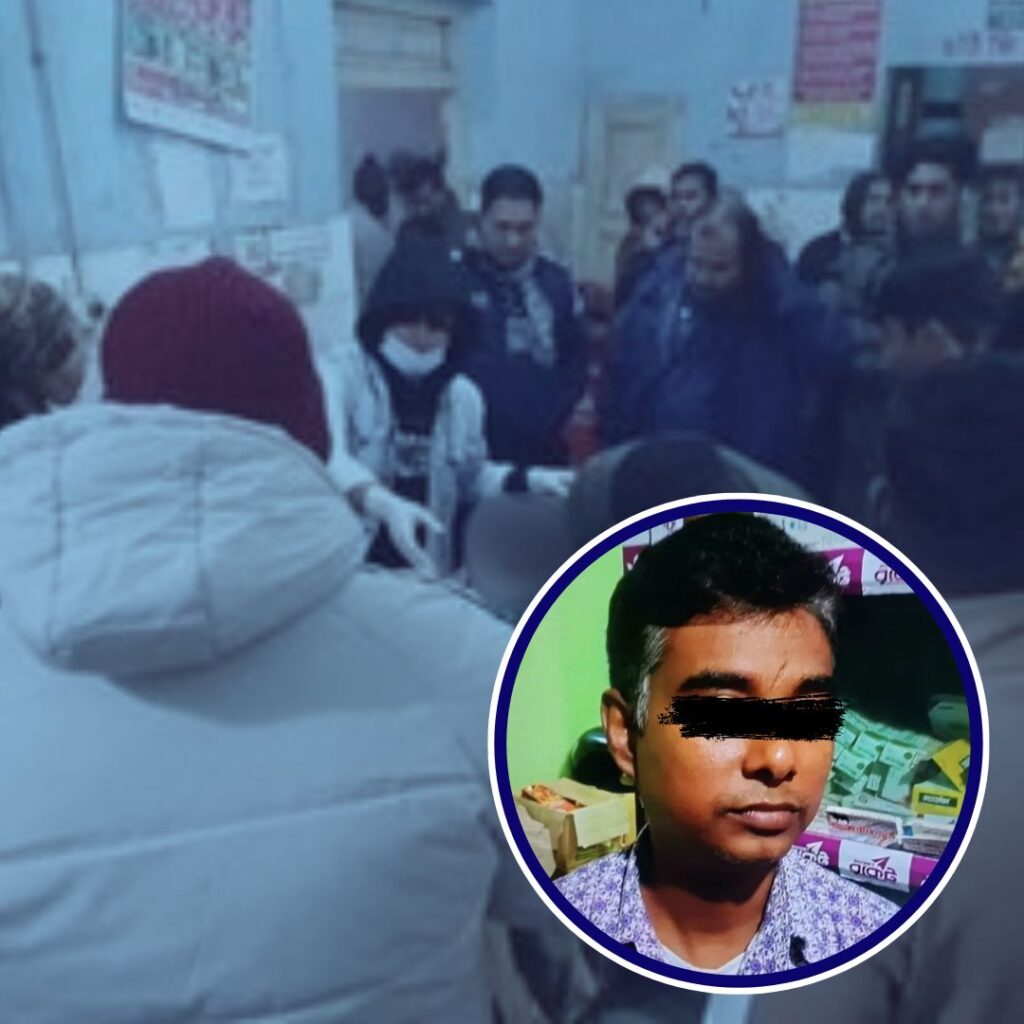The Supreme Court of India has reaffirmed that adult children who neglect their elderly parents can be evicted from the parental property under the Maintenance and Welfare of Parents and Senior Citizens Act, 2007. The Court observed that tribunals formed under the Act have the authority to order eviction to safeguard senior citizens’ dignity, care, and protection.
In a landmark ruling, it allowed eviction of an eldest son who denied his aged parents access to their own properties, emphasizing that the Act’s provisions should be interpreted liberally as social welfare legislation. The son was given until November 30, 2025, to vacate the premises or face enforced eviction.
Supreme Court Upholds Senior Citizens’ Rights to Property and Care
The Supreme Court Bench comprising Justices Vikram Nath and Sandeep Mehta delivered the ruling in favor of an 80-year-old Kamalakant Mishra and his 78-year-old wife, whose eldest son denied them possession of two properties in Mumbai. The Tribunal had earlier ordered eviction of the son and directed him to pay monthly maintenance to the parents, decisions upheld by the Appellate Authority.
However, the Bombay High Court had set aside these orders arguing the son qualified as a senior citizen, which the Apex Court rejected since the son was under 60 at the time of filing. The Court reiterated that neglecting elderly parents constitutes a breach of statutory obligations, justifying eviction to ensure their welfare.
Legal Framework and Evolving Judicial Stance
The Maintenance and Welfare of Parents and Senior Citizens Act, 2007, seeks to protect the elderly by providing tribunals with powers to enforce maintenance and, if necessary, eviction to prevent neglect or abuse. While eviction is not mandatory in every case, the Supreme Court clarified that tribunals may order eviction when necessary to protect senior citizens.
This ruling builds on earlier precedents, including S. Vanitha v. Deputy Commissioner (2021), affirming that the Act should be liberally interpreted to fulfill its social welfare aims. Recent judicial interventions have also enhanced legal aid and expedited processes for elders, reflecting growing awareness of elder neglect.
Contested Views and Practical Challenges
While this ruling marks significant progress in elder rights, other judgments indicate courts weigh eviction carefully. For instance, in some cases, the Supreme Court refused eviction where continued residence by a child did not cause harm or harassment, and ownership disputes remained unresolved.
Advocates stress eviction should be a last resort, with maintenance and family mediation being preferred first steps. Social workers highlight that beyond legal relief, robust community support and elder care services are needed to address the root causes of neglect and abandonment.
The Logical Indian’s Perspective
This judgment sets a vital legal precedent reaffirming society’s responsibility to protect senior citizens from neglect and abuse. Yet, it also reminds us that laws alone cannot substitute for familial love and respect.
The Logical Indian advocates for a compassionate approach where empathy and dialogue precede legal measures. Our elders deserve honour and care as a moral obligation and societal priority.












